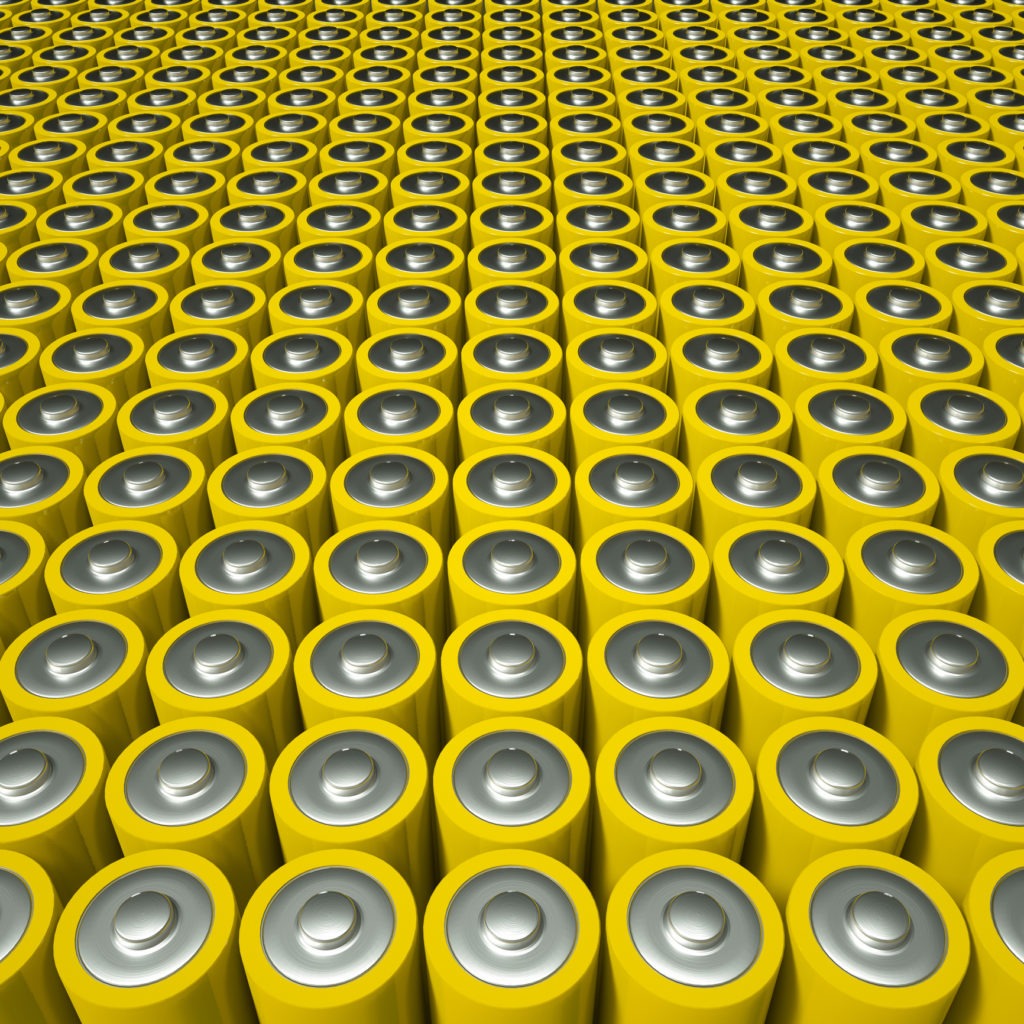VW to finance and join forces with battery suppliers in EV push
08 July 2019

8 July 2019
Volkswagen Group (VW) will create a number of joint ventures (JVs) and help to finance battery production in its aggressive push for mass electric vehicle (EV) manufacturing.
The company is hoping to persuade sceptical battery cell suppliers to back its ambitious plans and will buy €50 billion worth of batteries to build into its new models, including the recently launched ID.3 battery electric vehicle (BEV).
′Not every supplier is convinced that electric mobility will come on such a large scale. You need to spend more time convincing them to invest in the auto industry,’ VW purchasing chief Stefan Sommer told Reuters.
VW said that it needs 150-gigawatt hours’ worth of battery production capacity in Europe by 2025 and another 150 in Asia. By 2030, this figure will double.
′These producers need to prioritise between making a new smartphone or building a new battery factory. So even the battery cell producers are asking: will production volumes scale up quickly?’ Sommer added.
Building up
The carmaker is currently retooling 16 of its plants for EV production and plans to start producing 33 different models powered by batteries under its VW, Skoda, Audi and SEAT brands by 2023 – two years earlier than originally planned.
Despite the increasing number of BEV models available, uptake of the technology has been slow, unnerving potential suppliers and investors in the technology. This has meant that the building of European battery facilities has been slow to start, although companies are now investing in the region.
To boost confidence further, VW is looking to provide suppliers with finance for tooling and is offering to share the risk of installing new production capacity by making new factories a joint venture.
′The tendency is to do joint ventures. The suppliers are still asking themselves, is this market going to take off or not? Meanwhile, they realise it is an opportunity,’ Sommer said.
Reports have suggested that VW Group’s Audi brand is having difficulty with production bottlenecks for EV batteries. Audi has revised downwards planned production for its first series EV, the e-tron at its Brussels factory, according to a report in the Belgian newspaper L’Echo.
Manufacturing increase
Meanwhile, battery supplier CATL plans to start building its planned battery cell factory near Erfurt in Germany this autumn.
The exact date still depends on the granting of the corresponding environmental permits, Matthias Zentgraf, European head of the Chinese company said at the Automotive Thuringia industry conference. At the time of the announcement of the facility last year, it was said to have a planned annual production of 14GWh.
However, the original plans were quickly expanded. Initially, the headquarters in China wanted to invest around €240 million in the Erfurt plant by 2022. At the end of June, however, the board of directors decided to increase investment to €1.8 billion. CATL has secured two areas of 35 hectares each in Erfurt, plus 17 hectares for a supplier park.